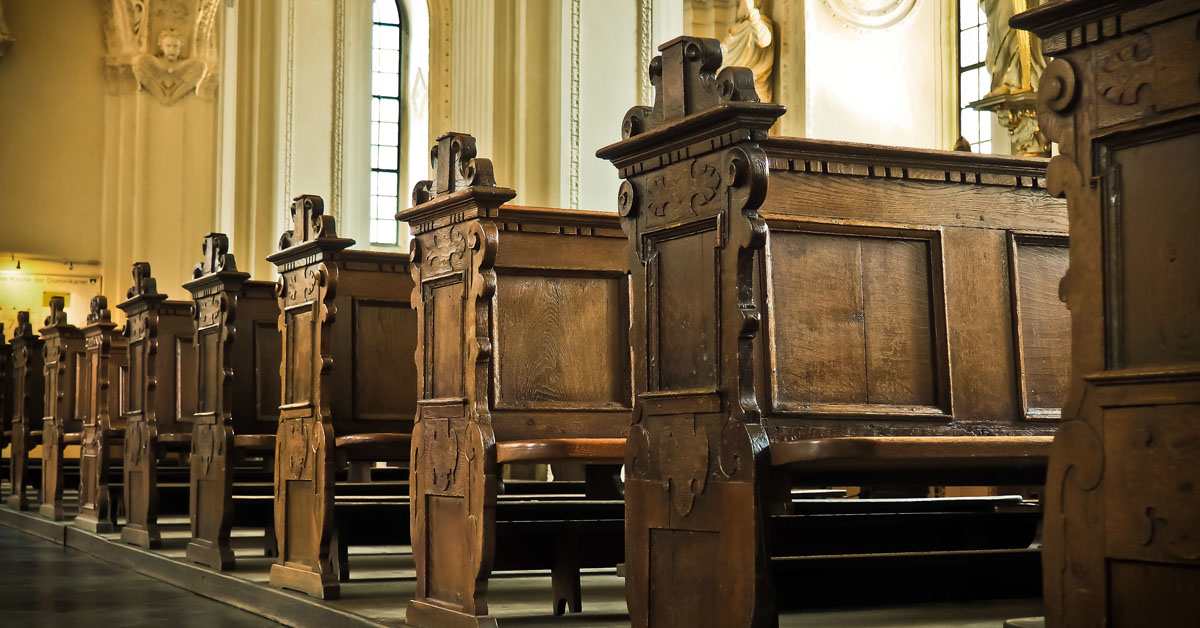
Courts in California are preparing for hundreds—perhaps thousands—of sexual abuse civil lawsuits to be filed in the coming months against churches, schools and other institutions. A new California state law extends the maximum age limit for survivors of child sexual abuse to file lawsuits against their former attackers.
Under AB 218, which went into effect Jan. 1, sexual abuse survivors now have until age 40 to file for damages, or until five years after a survivor discovers the source of their psychological injury to be connected to an instance of child sexual abuse.
The new law provides a three-year window for victims to file lawsuits that would have been blocked under the existing statute of limitations for such claims, which in California was 26 years of age.
A Victory for Survivors, Advocates
Advocates of AB 218 say the new law is not just a statement; it is a moral obligation to provide redress to survivors and to amend old laws that only served to protect sexual abusers. San Diego Assemblywoman Lorena Gonzalez said in a statement after the bill was signed into law last October:
“The idea that someone who is assaulted as a child can actually run out of time to report that abuse is outrageous. More and more, we’re hearing about people who were victims years ago but were not ready to come forward to tell their story until now.”
Since the law went into effect in January, courts across California have seen dozens of lawsuits targeting Catholic dioceses, and experts expect more to be filed against sports organizations, schools, hospitals, foster care services and the Boy Scouts of America (BSA), among others.
Clergy Sexual Abuse
Some of the lawsuits allege sexual abuse by clergy members dating back to the 1950s. Perhaps most alarmingly, many such cases reveal a culture of institutional silence surrounding child abuse.
The Los Angeles Times reports that in each of six such cases, plaintiffs claim the local diocese knew about the sexual abuse occurring but made no effort to stop it. Instead, they quietly moved the predatory priests from parish to parish without informing local authorities or church officials.
In addition to extending the statute of limitations, the new law allows courts to triple the monetary compensation to plaintiffs who are able to show that a concerted effort to hide evidence of assault had occurred.
AB 218 mirrors similar efforts taken by states like New York and New Jersey to uproot systemic sexual abuse that has plagued the Catholic Church, the BSA and other organizations where sexual abusers take advantage of their positions of power. States and municipalities have targeted statutes of limitation as a major barrier to such redress.
More State Legislatures to Address History of Sexual Abuse
According to a study by USA Today, 38 state legislatures have introduced bills that extend the statute of limitations for survivors. Ten of those states did away with the age limit altogether. One of the most comprehensive such laws is New York’s Child Victims Act, which has opened up a one-year window during which survivors of sexual abuse of any age can file suit against their abusers. The day that the window opened, hundreds of cases were filed in the state.
Despite clear evidence of systemic wrongdoing, organizations that have allowed such abuse are not likely to roll over—the Catholic Church in particular. Tom Murt, a Pennsylvania state rep. who worked to pass such a law in his state, learned this firsthand.
In a story for USA Today, Murt detailed how he was singled out by his local church for supporting the bill. In statehouses throughout the country, Church-sponsored lobbyists have worked to stall or water down such bills, often appearing before parishes to warn of the “serious dangers” posed by laws seeking redress for decades of child predation and conspiratorial cover-up.
“As much as people express outrage,” Murt told USA Today, “as much as people say these perpetrators should be punished to the fullest extent of the law, the fact of the matter is nothing has been done.”
Accessing Compensation Programs for Survivors
Many dioceses have set up compensation programs for sexual abuse survivors, but some attorneys argue these payments are negligible compared to what victims have suffered and could earn through settlements.
Statutes of limitations and windows for filing suit vary from state to state, but in almost all cases these laws have provided the only recourse for survivors who have been dealing with the trauma of abuse for years, if not decades.
As amendments to old laws make their way through various states legislatures, Simmons Hanly Conroy continues to stand by all survivors of sexual abuse.
Currently, firm attorneys are investigating and filing cases of sexual abuse throughout California. If you or someone you know has been harmed, we may be able to help. Contact us today to learn more about your legal rights in California as a sexual abuse survivor.
